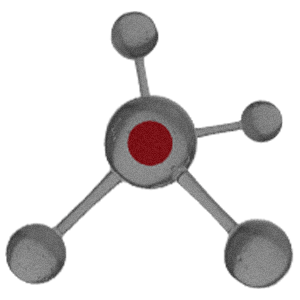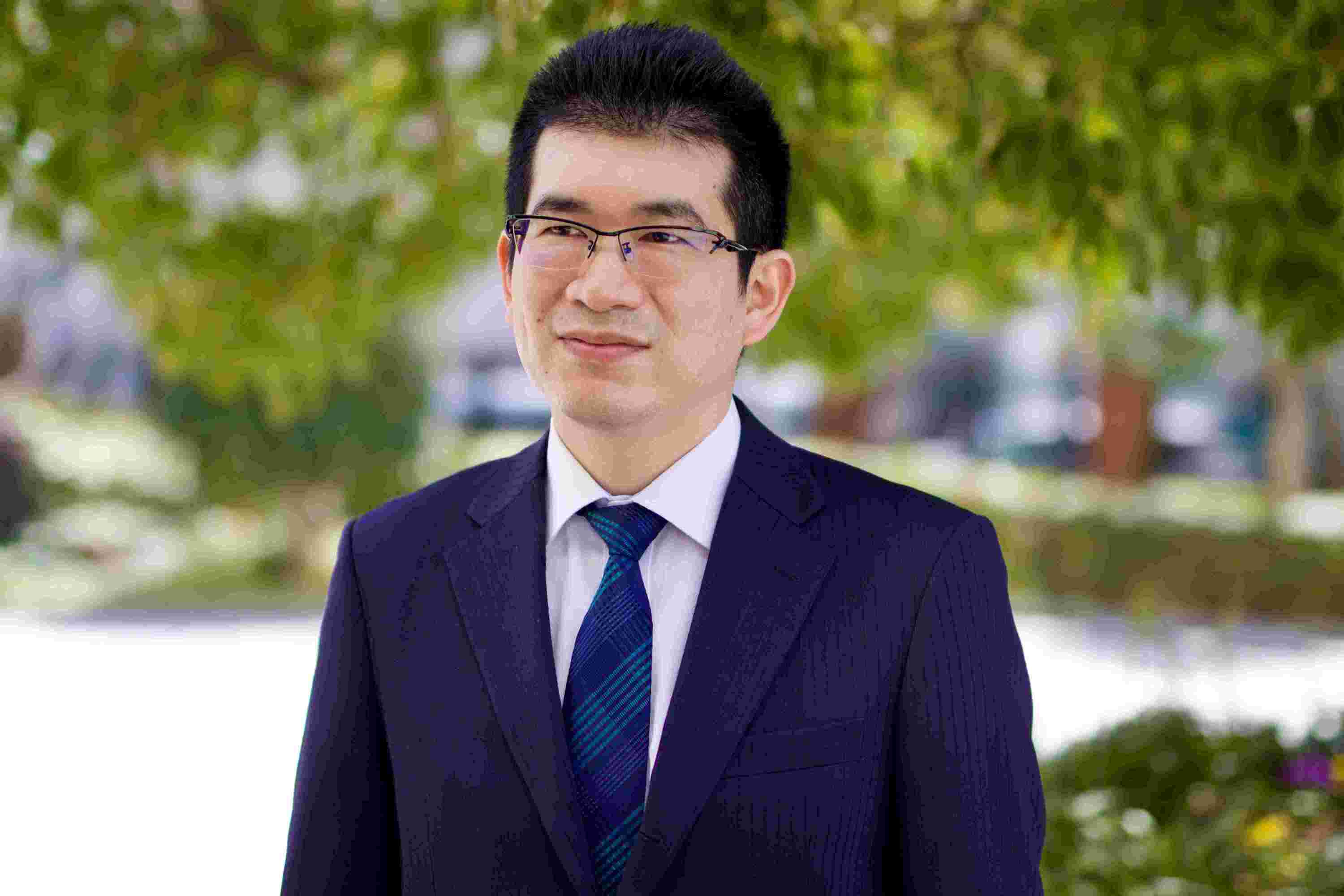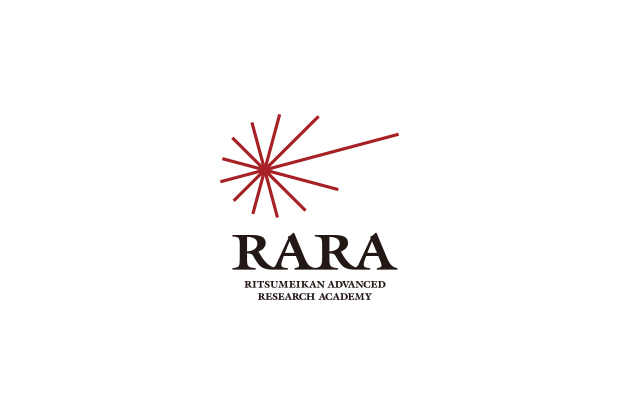RARA Fellow
Developing a groundbreaking reaction principle through advanced analysis of batteries and hydrogen energy systems



Developing a groundbreaking reaction principle through advanced analysis of batteries and hydrogen energy systems
SCROLL
FELLOW PROFILE
Graduated from the Faculty of Integrated Human Studies at Kyoto University in 2005 and completed the program at the Graduate School of Human and Environmental Studies, Kyoto University, in 2010, earning a Doctorate in Health and Environmental Studies.
Held positions as Assistant Professor in the Office of Society-Academia Collaboration for Innovation and at the Graduate School of Human and Environmental Studies, Kyoto University, and as Associate Professor at the College of Life Sciences, Ritsumeikan University.
Appointed Professor at Ritsumeikan University in 2021 (current position).
Batteries and Hydrogen: A key in achieving carbon neutrality (decarbonization)
Batteries, fuel cells, water electrolysis, and other electrochemical energy conversion devices are crucial for advancing carbon neutrality. To enhance the performance of these devices, I will leverage synchrotron radiation science to gain a comprehensive academic understanding of their sequential and widespread reaction mechanisms. This knowledge will be shared with the industrial sector to inform development efforts. My goal is to advance analytical research in batteries and hydrogen energy devices and to establish new reaction principles.
I chose this research topic with the belief that it could advance the industrial sector through academic research and contribute to realizing a sustainable global environment. My goal is to support carbon neutrality by bridging fundamental research with practical applications in secondary batteries and fuel cells. I also aim to foster a research community and promote collaborations between industry and academia, addressing future societal needs from diverse angles, including economic and ethical perspectives.
For my roadmap for the future, I plan to begin by gathering foundational information to establish a research hub. I will develop a research framework to advance fields related to electrochemical devices, including carbon neutrality, semiconductor engineering, economics, and social policy. This involves summarizing research and development trends as well as social conditions in Japan and other countries. In addition, to facilitate joint project proposals with the industrial sector, I will explore partnerships focused on advancing carbon neutrality in the battery and hydrogen energy sectors.
I believe this research will help develop a model to promote decarbonization on campus. I hope to advance fundamental research in electrochemical energy conversion devices, foster collaborations with industry and international partners, and contribute to a sustainable global environment.
Partnerships:
I seek to form partnerships with companies focused on achieving carbon neutrality in areas such as secondary batteries, fuel cells, water electrolysis, and other electrochemical energy conversion devices. Potential areas for collaboration include not only household appliances, automobiles, and materials but also social policy.
Research collaborations:
On the other hand, research on secondary batteries and fuel cells seems unevenly distributed among locations and researchers in Japan and internationally. In collaborations, I aim to emphasize integrating research from a wide range of fields, including the social sciences, into the foundation of these research activities. I also seek to develop research plans that respect both the advancement of research and the diverse lifestyles within the Asian region.



Latest Research Activity Report
-

Research Activity Report / Yuki Orikasa
Research achievements of Professor Yuki Orikasa and others published in ACS Nano
2025 / 10 / 14
VIEW DETAIL
-

Research Activity Report / Takashi Minemoto / Satoshi Fujita / Yuki Orikasa / Meng Lin / Kentaro Kaneko / Yoichi Kobayashi
Eight RARA researchers have ranked among the top 2% of scientists worldwide
2024 / 02 / 07
VIEW DETAIL

